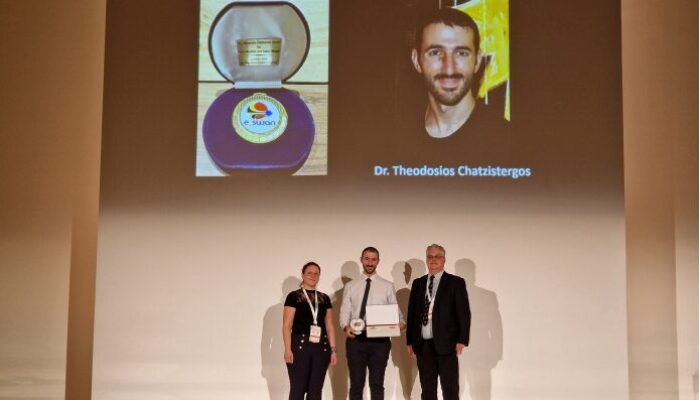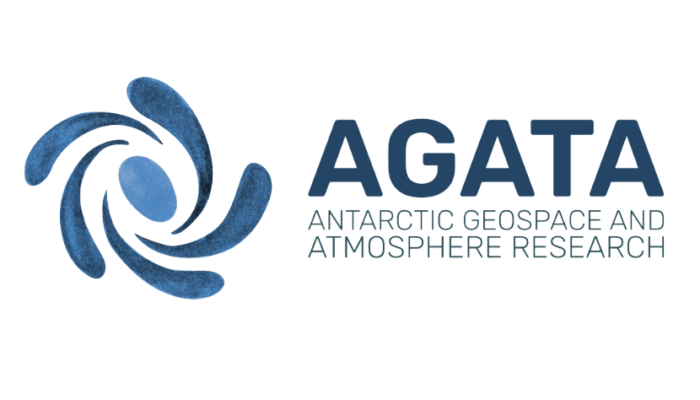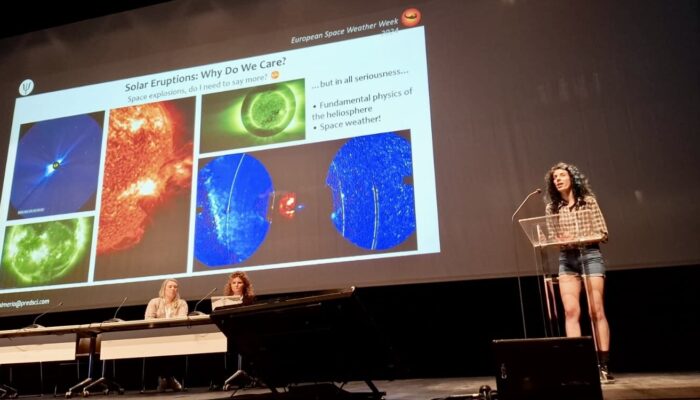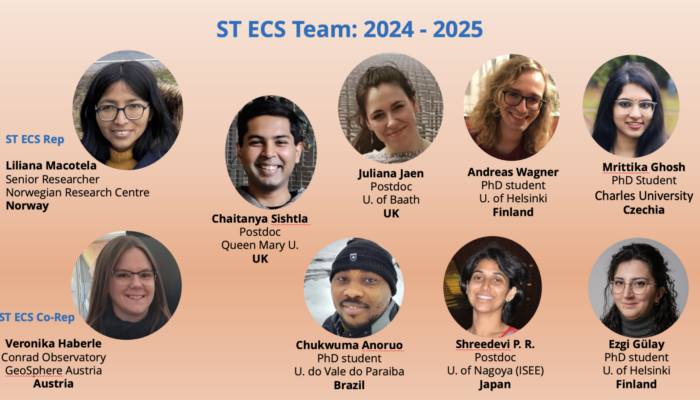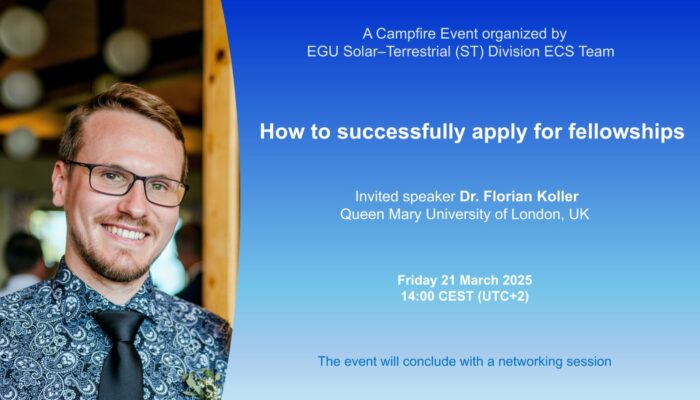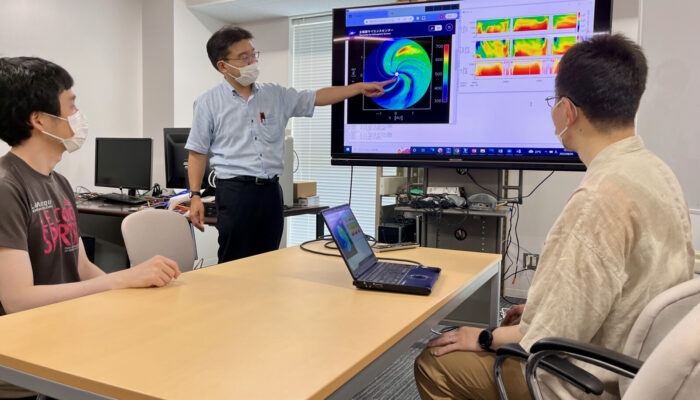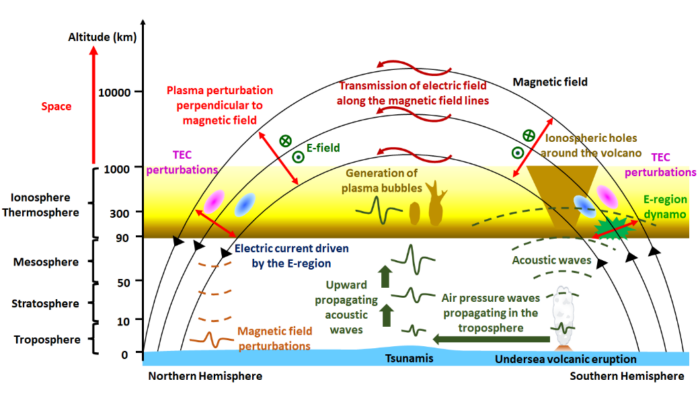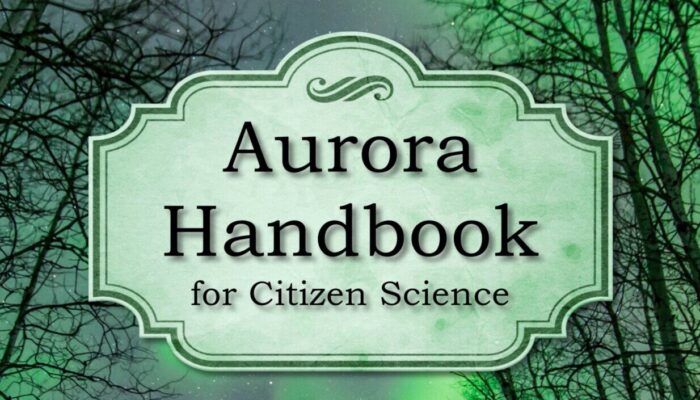1. Congratulations on receiving the e-SWAN Alexander Chizhevsky Medal for outstanding contributions to space weather and space climate. How does this recognition reflect your work and impact in the field? Thank you! I am deeply honored to receive this award, which recognizes not just my work but the collective efforts of many collaborators over the years. My research has focused on reconstructing ...[Read More]
Decoding the Sun’s Past: Dr. Theodosios Chatzistergos, 2024 e-SWAN Alexander Chizhevsky Medalist, on his Scientific Journey
